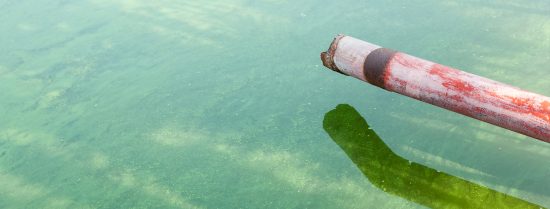India to ban antibiotic pollution from pharma factories
The Indian government is to limit the amount of antibiotic residue permitted in wastewater released by drug factories, after a series of stories by the Bureau of Investigative Journalism.
A draft bill published on 23 January introduces limits on the concentrations of antibiotics found in the waste discharged by pharmaceutical factories into rivers and the surrounding environment. Experts believe anything above these limits fuels the creation of drug-resistant bacteria, or superbugs.
The growth in superbugs is one of the biggest public health crises facing the world today. Nearly 60,000 newborns a year die from superbug infections in India. If resistance keeps rising people could once again die from common infections, while procedures such as Caesareans, hip replacements and chemotherapy could become impossible to carry out.
AMR NEWS
Your Biweekly Source for Global AMR Insights!
Stay informed with the essential newsletter that brings together all the latest One Health news on antimicrobial resistance. Delivered straight to your inbox every two weeks, AMR NEWS provides a curated selection of international insights, key publications, and the latest updates in the fight against AMR.
Don’t miss out on staying ahead in the global AMR movement—subscribe now!







